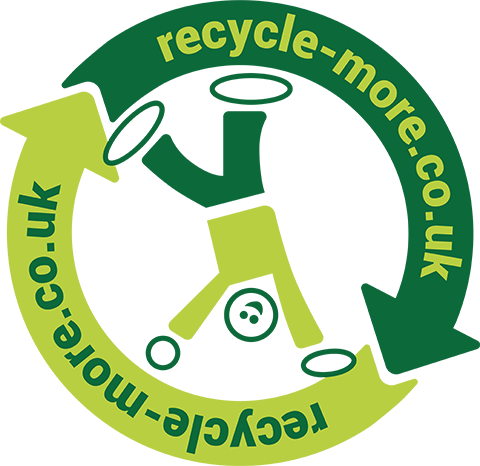
From your fridge to compost: How to keep food Waste out of landfills
Rachel Stirrup
February 11, 2025
When clearing out the fridge for a new week’s groceries, it can feel tempting to just throw any leftover food straight into the bin. But if you want to do your bit for the environment, take the extra time to put your food scraps in the correct food waste bin. The reason? Microbes and methane.
Methane unmasked: Its role in warming our planet
When food waste rots, it generates methane, a greenhouse gas that is 84 times more potent than CO2 at trapping heat within the atmosphere over a 20-year period. Even small changes in the amount of methane produced can have a significant impact on climate change.
In the UK, around 22% of our total methane emissions come from landfill sites. When food waste is thrown into general waste bins, some of it is incinerated to generate energy, but a portion ends up buried in landfill. Once there, the organic matter decomposes and produces methane gas, thanks to the activity of remarkable microbes known as methanogens.
Meet the microbes behind methane
The environment is home to a vast array of microbes, all performing different roles to help break down waste products and move important elements like nitrogen and carbon around the planet. Unfortunately, landfills are the perfect home for methanogens to turn our food waste into greenhouse gases like methane. This is partly due to the fact that landfills don’t contain much oxygen, and methanogens are an exceptional group of organisms that can actually thrive in anaerobic (“without oxygen”) conditions.
The problem with landfilled food waste
Landfill contents break down and produce gas over the course of several years, and it’s a complex process involving many diverse species of micro-organisms. But nearer the end of decomposition, methanogens kick into action. They begin a process called methanogenesis, where they start consuming organic waste compounds and turning them into predominately methane gas. The more organic waste that is in the landfill, the more methane is produced.
Methanogens aren’t the enemy – they thrive in some of the most hostile environments on earth and support many important natural processes. Some scientists have even hypothesised that methane detected on Mars by the Curiosity Rover may have been produced by methanogens living within the soil! Instead, the problem is too much food waste in landfills.
Small changes, big Impact: Reducing food waste at home
The best thing individuals can do to help reduce methane production in landfills is by simply throwing away less food. Every year, UK households throw away over 4 million tonnes of food, and reducing this is the first step. Secondly, if food must be thrown away, avoiding putting organic food waste of any kind in your general waste bins. Instead, check if your local waste collection service provides kitchen caddies or similar, where you can dispose of food waste properly.
Another way to reduce food waste at home is by using leftovers to make or experiment by making new meals. This is a great way to reduce waste and make the most of your ingredients. Simple ideas include turning roast vegetables into soups, using leftover meat in sandwiches or stir fries, and repurposing stale bread for croutons or breadcrumbs.
Composting: The sustainable solution
Collected food waste is usually composted in industrial facilities and can then be used in agriculture to grow crops, or for use by domestic gardeners. A recent study found that composting food waste results in 38-84% fewer methane emissions than if it were left to decompose in landfills.
Take action: Start composting today
So next time you’re about to put food scraps in your general waste bin, think about those methanogens munching away on your leftovers, and empty the packet into your compost bin instead.
To find out more about food waste collections in your area, visit our recycling locator and try searching for ‘Food waste’ along with your postcode.
Disclaimer: The opinions expressed in this blog represent those of the author, Rachel Stirrup, and are not those of recycle-more, Valpak Limited or any other organisation.





